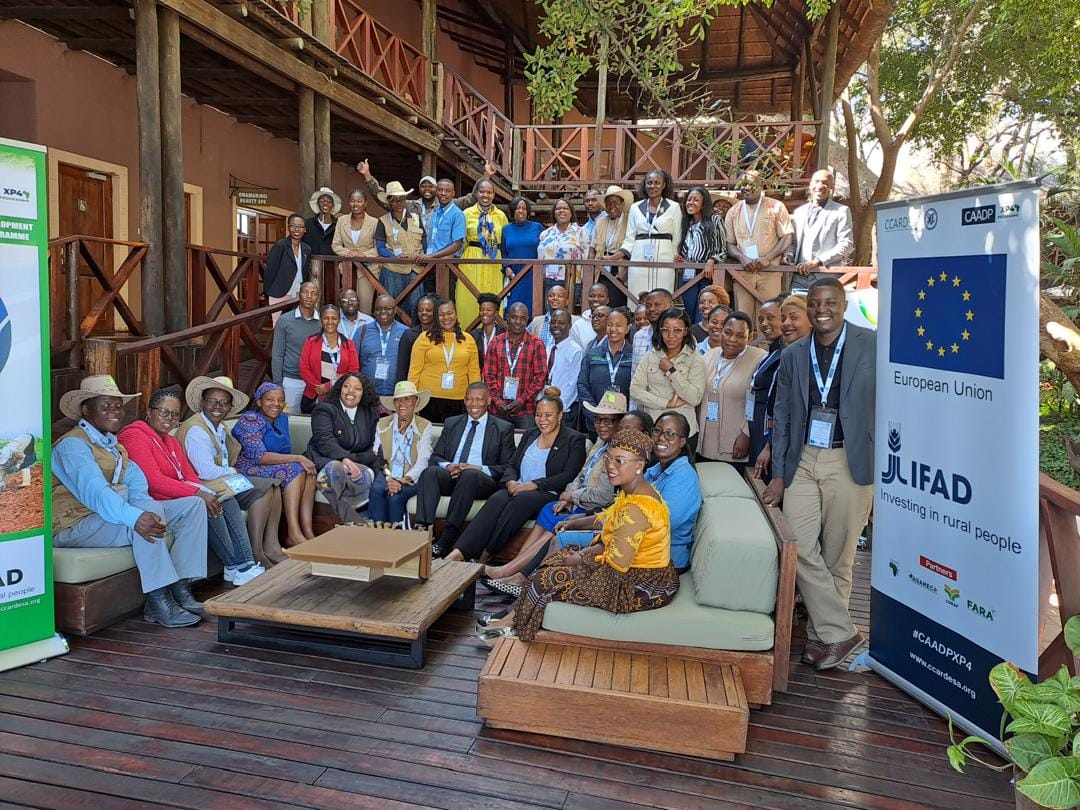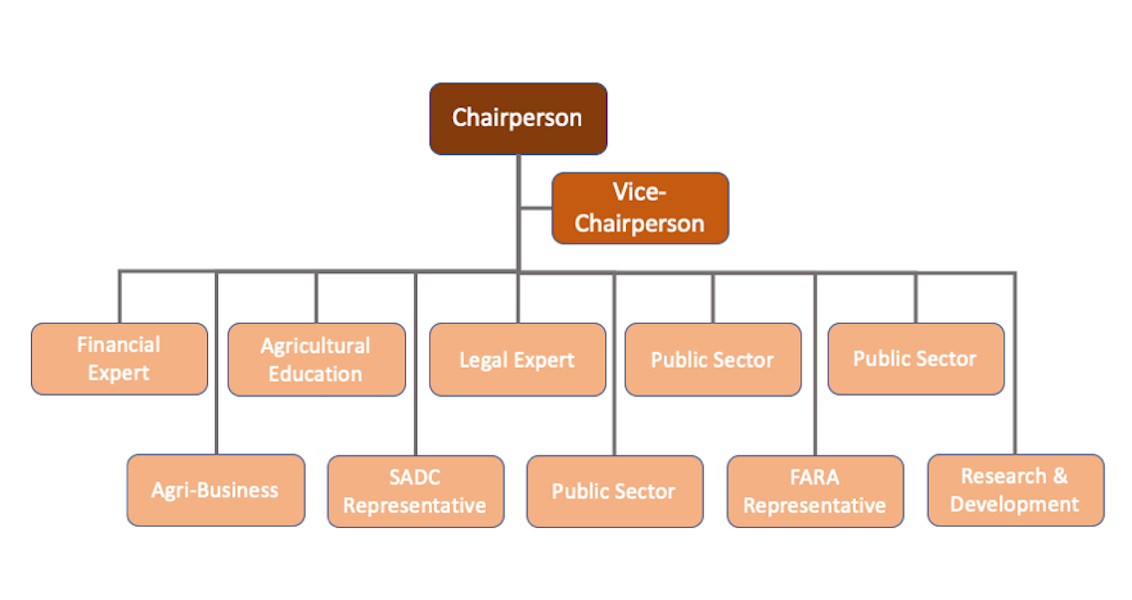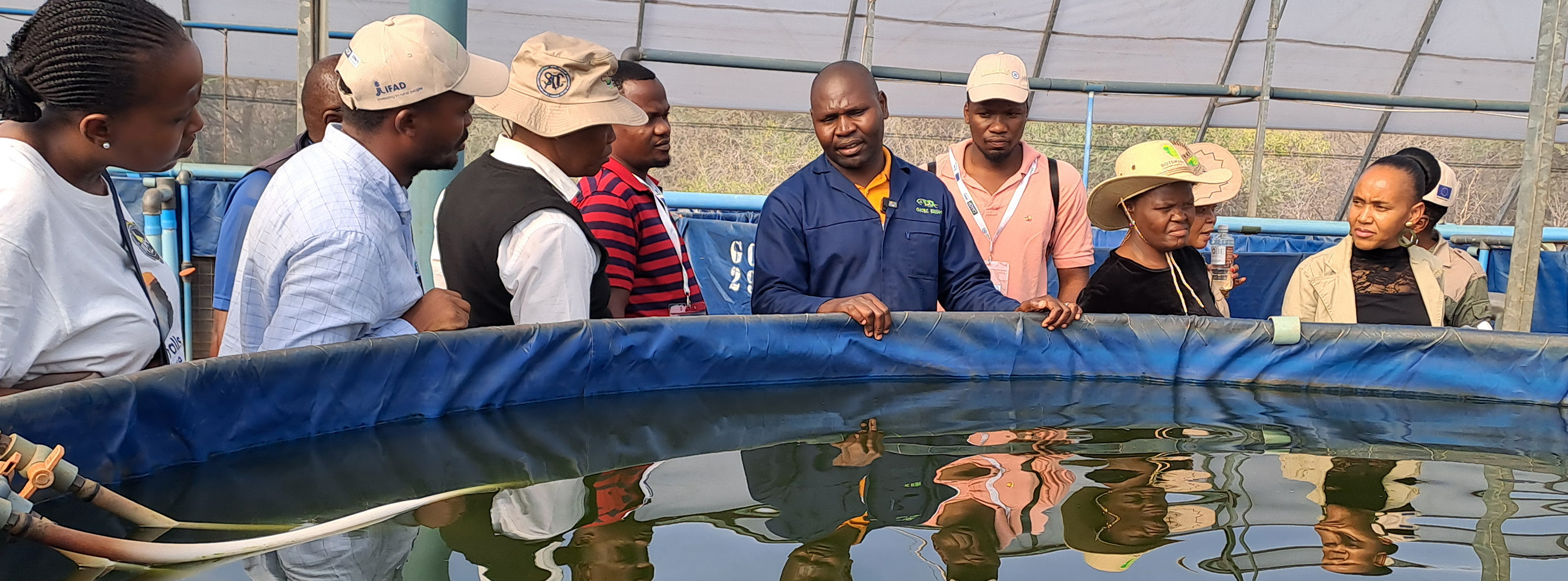Agricultural Productivity Programme for Southern Africa (APPSA) Annual Report 2017
This progress report describes key achievements during the project implementation period from 1 January to 31 December 2017. The project was in its 4th year of implementation.
APPSA,
Management,
Technology,
Development
CCARDESA, APPSA. Agricultural Productivity Programme for Southern Africa (APPSA) Annual Report 2017. (2017). p87.









